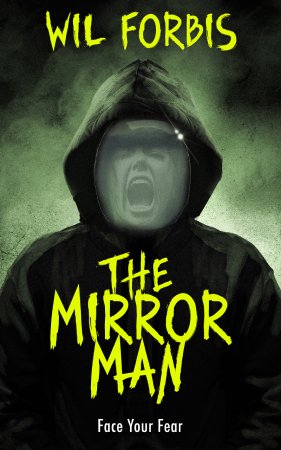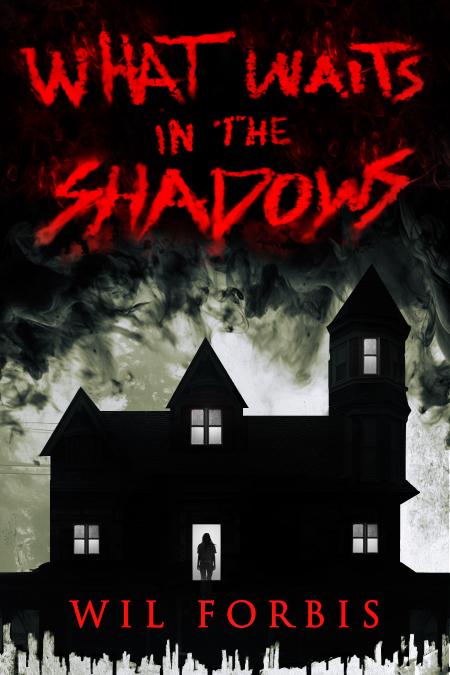
Certain films just don’t quite know what to do with themselves. 1970’s “Joe,” starring Peter Boyle (the monster in “Young Frankenstein” and dad character in the sitcom “Everybody Loves Raymond”) as a hippy hating working stiff, is one example.
The plot in brief: white collar father Bill discovers his daughter (played by Susan Sarandon in her first major film role) has overdosed on her no good boyfriend’s drugs. While she recuperates in the hospital, Dad confronts the young man and then kills him. When he goes to a bar and reveals to the local loudmouth Joe Curran that he killed a hippy, Joe gives Bill mad props. Thus, a strange vigilant team is born.
It’s sort of like “Death Wish” if, instead of street hoods, Charles Bronson aimed his gun solely at hippies.
Is “Joe” a comedy? It seems to think so at points and does have a lot to say about the discomfort between blue and white-collar workers. When Joe invites Bill and his wife over for dinner, the tension is thick (and hilarious.)
Later, Bill and Joe end up in the apartment of some free love types and take their sampling of the free love on offer. (Was everybody really screwing this easily in the seventies?)
Eventually, though, the pair track Bill’s daughter to an upstate commune. The final scene is brutal and not funny at all. (And, to my understanding, based on real events.)
There’s just something about the mixed genres of this film—one minute crime drama, the next, social satire—that felt discordant. But maybe that unsettled ground was what the director was going for.
Boyle is great as the film’s titular character. Actually, all the actors are good.
There’s a recurring song, “Where Are You Goin’?”, by jazz pianist Bobby Scott that will drill its way into your mind. (Here’s an interesting tidbit: I became friends with Scott’s publicity agent, Carol Conover, in 1990, right before he died. Never met the man, though.) https://www.nytimes.com/1990/11/10/obituaries/bobby-scott-53-dies-composer-and-singer.html
If you like interesting obscurities, this one’s for you.
(Though it wasn’t always obscure. Wikipedia says it was the 13th highest grossing film of that year.)


